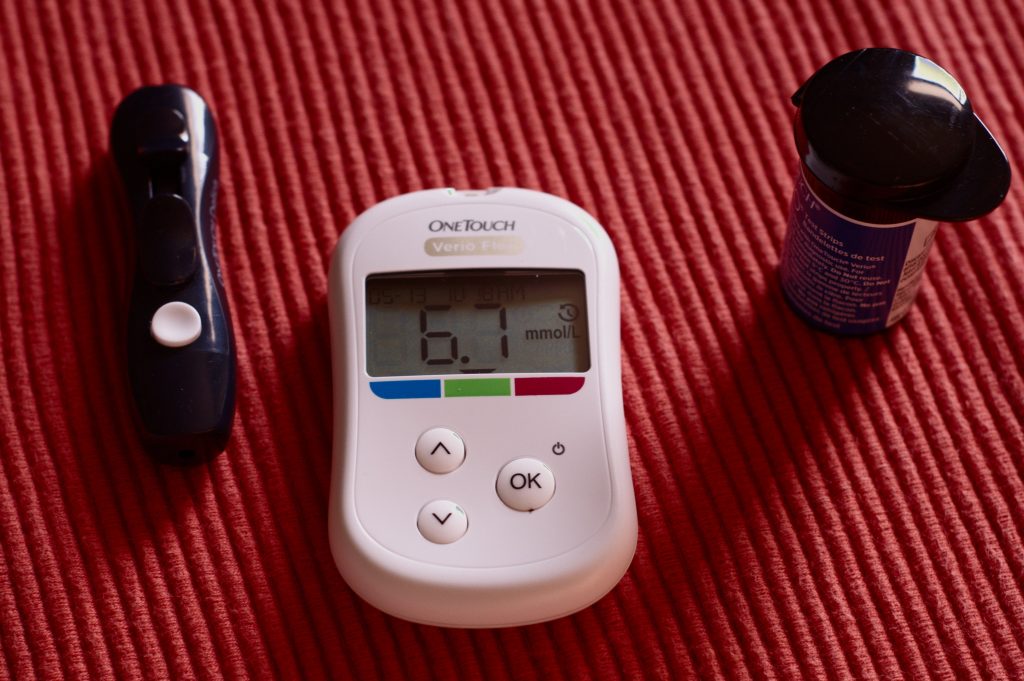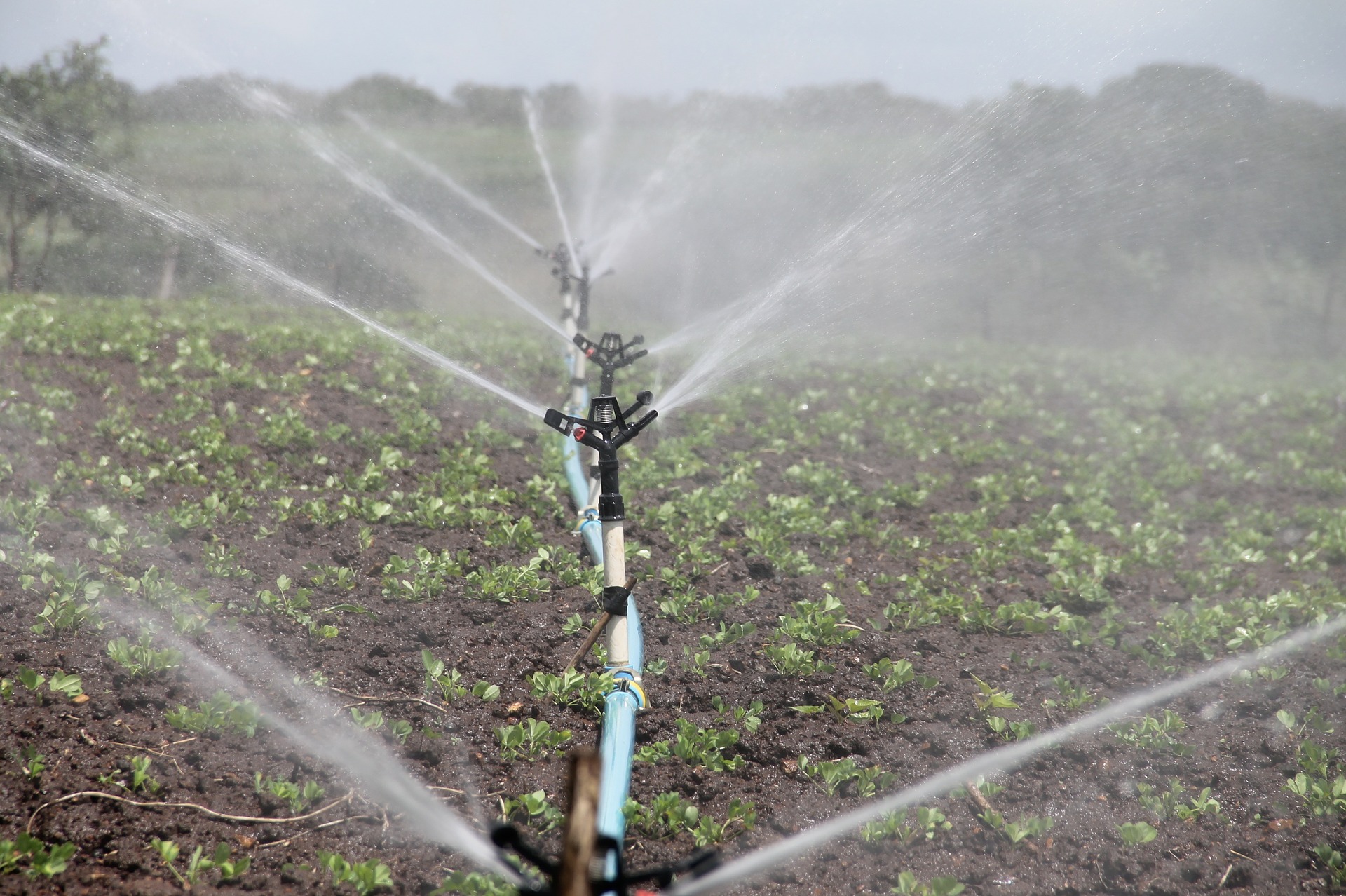How Does the Coronavirus Affect Diabetics?
March 15, 2021A new study conducted at Ben Gurion University draws a link between COVID-19 lockdowns and harmful secondary damage to the health of diabetics. The looming climate crisis may also play a role in their overall health.
Alongside the imposed COVID-19 lockdowns and prolonged stay indoors, the closure of gyms, swimming pools, and other social club activities throughout 2020 have hampered the ability of large sections of the population to maintain healthy lifestyles. Now, researchers from Ben-Gurion University of the Negev report that the decision to avoid venturing outside and leaving home is associated with a blood sugar imbalance, particularly with regard to young diabetics.
The study was launched long before the outbreak of the corona crisis, and it focused on the effects of prolonged stay at home due to the heat waves that hit Israel. Now, however, the discoveries have become more relevant than ever given the routine lockdowns the world has experienced in the past year.
Prior related studies have focused on patients living in countries with relatively cold climates where seasonal changes in the balance of diabetes levels were found during the cold and rainy winter months. The conclusion of these preliminary studies was that the combination of cold weather and winter-common infections was the main cause of the phenomenon. However, the new Israeli study, shows that a hot climate also adversely affects the balance of diabetes, and the explanation it gives for this is not necessarily related to the cold and its associated infections.
Maintaining Blood Sugar

Diabetes is one of the most common diseases in Western society with an increasing incidence rate over the years. In Israel, about 8.4 percent of the population suffers from the disease (8.8 percent of men, and 8.0 percent of women), and it is defined as the fourth most common cause of death after malignant diseases, heart disease, and infectious diseases.
In diabetics, high blood sugar levels lead to large and small blood vessel damage and thus endanger and harm many important organs, such as kidneys, eyes, heart, and limbs. As a result of these multisystemic vulnerabilities, it is of great importance for them to maintain normal blood sugar values.
Exercise and Eating Patterns

In the new study, led by Dr. Allon Raphael under the supervision of Prof. Aya Biderman, Head of the Community Health Division and Prof. Michael Friger of the Department of Public Health (all from Ben-Gurion University of the Negev), the glycated hemoglobin levels (HbA1c) among patients from the Southern District of Israel were examined—about 2,800 diabetics over the course of 11 years. During that time, about 60,000 tests were collected, and it was found that the same imbalance in blood sugar levels observed at the end of the winter months in those previous studies were also detected following the summer months in Israel.
The new results led the researchers to conclude that the climate itself is not the main influence on blood sugar values, but rather the patients’ conduct in response to the climate as seasonal and weather conditions typically dictate peoples’ physical activity and eating decisions.
“In the summer months, when it is hot during the day and night, people in Israel avoid physical activity, and the result is evident in their blood sugar values—even of the most disciplined diabetics,” explains Raphael, a pediatrician at Shaare Zedek Medical Center. “If this is the result for patients with high responses to care and treatment, it is likely that the phenomenon is broader and even more extreme in other diabetics.”
“Research should turn on warning lights for diabetics, especially during this time,” says Raphael. “Until now, it has been known that diabetics are at high risk for Coronavirus, but the consequences of lockdowns and remaining at home in terms of their blood sugar levels are still unclear. From our study, the magnitude of the adverse effect on diabetics during corona lockdowns can be estimated.”
It’s Getting Heated

“Most developed countries have a relatively cold climate, while developing countries have a hot climate. Ben Gurion University has the advantage of operating in a western country with a hot climate, so it is possible to reexamine phenomena tested in western and cold countries,” says Raphael. “In the field of diabetes, it is all the more important because, in the past, diabetes was a disease of developed countries, but now morbidity rates in Africa have risen significantly.”
Indeed, according to the International Diabetes Federation, Europe and U.S. diabetes rates are expected to rise by 16 and 35 percent by 2045, respectively. African morbidity rates are expected to rise by about 156 percent by then.
The new study was received with great interest by researchers and experts in the field, and Israeli researchers have already been invited to lecture at the prestigious International Conference on Environmental Sciences in Paris (ICGE 2021), not least because more and more countries around the world are facing hot weather effects on diabetes.
“This is the first time a direct link has been found with the adverse effect of hot weather on diabetics,” says Raphael. In addition, as part of the global fight against the climate crisis, understanding the impact of global warming on hundreds of millions of diabetics has great medical and economic significance.
“Research should lead to the recognition that the connection between weather and diabetes also exists in our climate and that diabetics and physicians in charge of balancing diabetes should address the effect of extreme weather on patients’ blood sugar values,” Raphael argues. “In addition, it’s now clear that not leaving home for any reason—rain, heat, or lockdowns—has a great impact on blood sugar balance, so we must ensure continued exercise and a balanced diet to avoid illness and to improve quality of life no matter the circumstances.”
This ZAVIT Article was also published in NoCamels on 9 Mar. 2021







